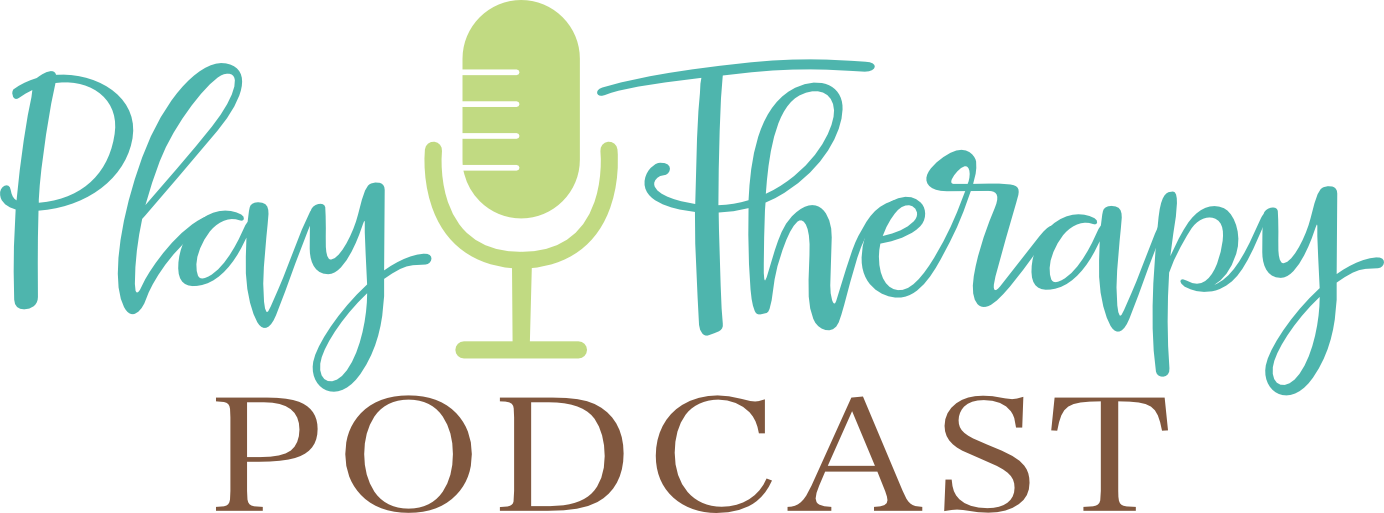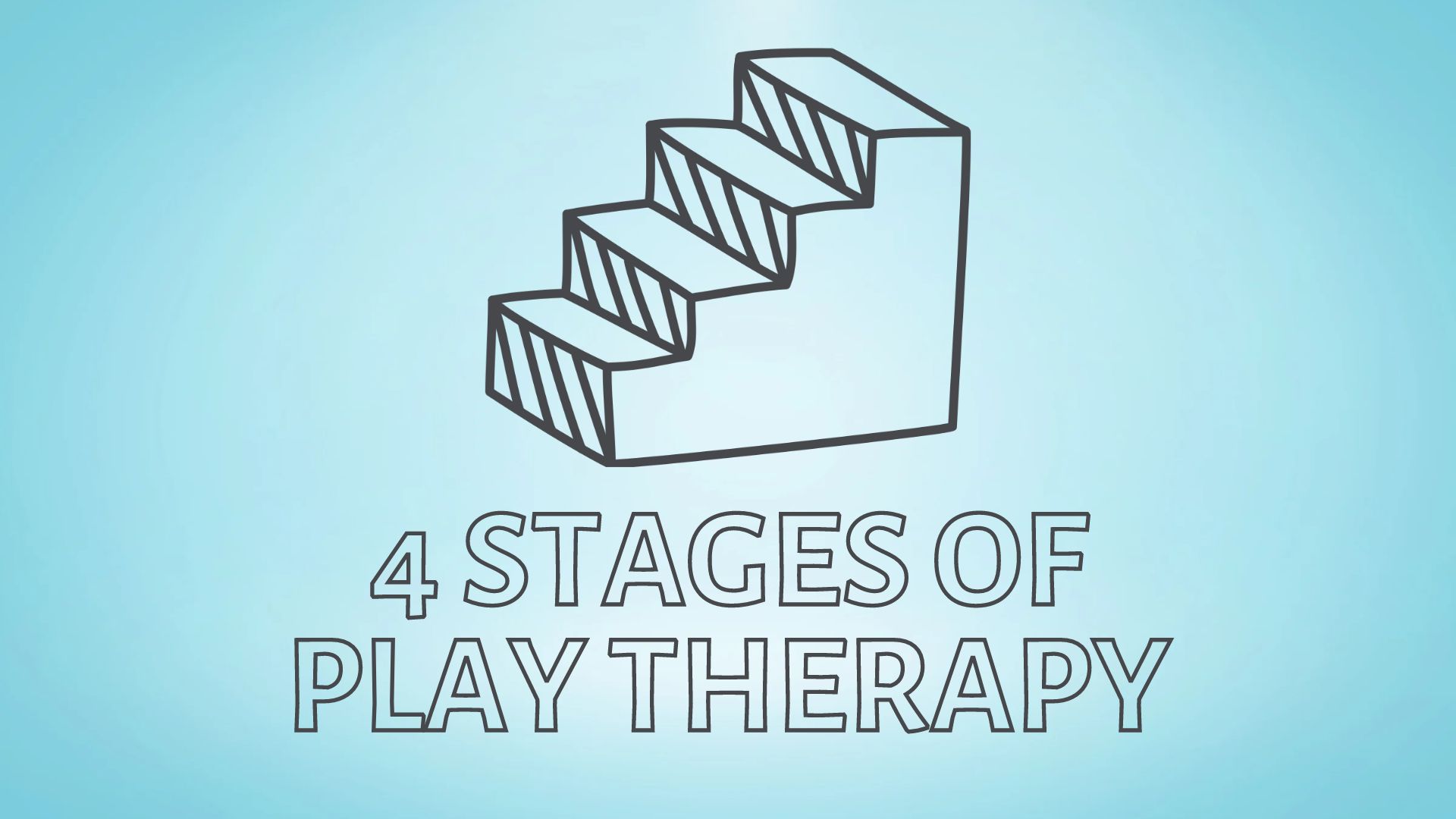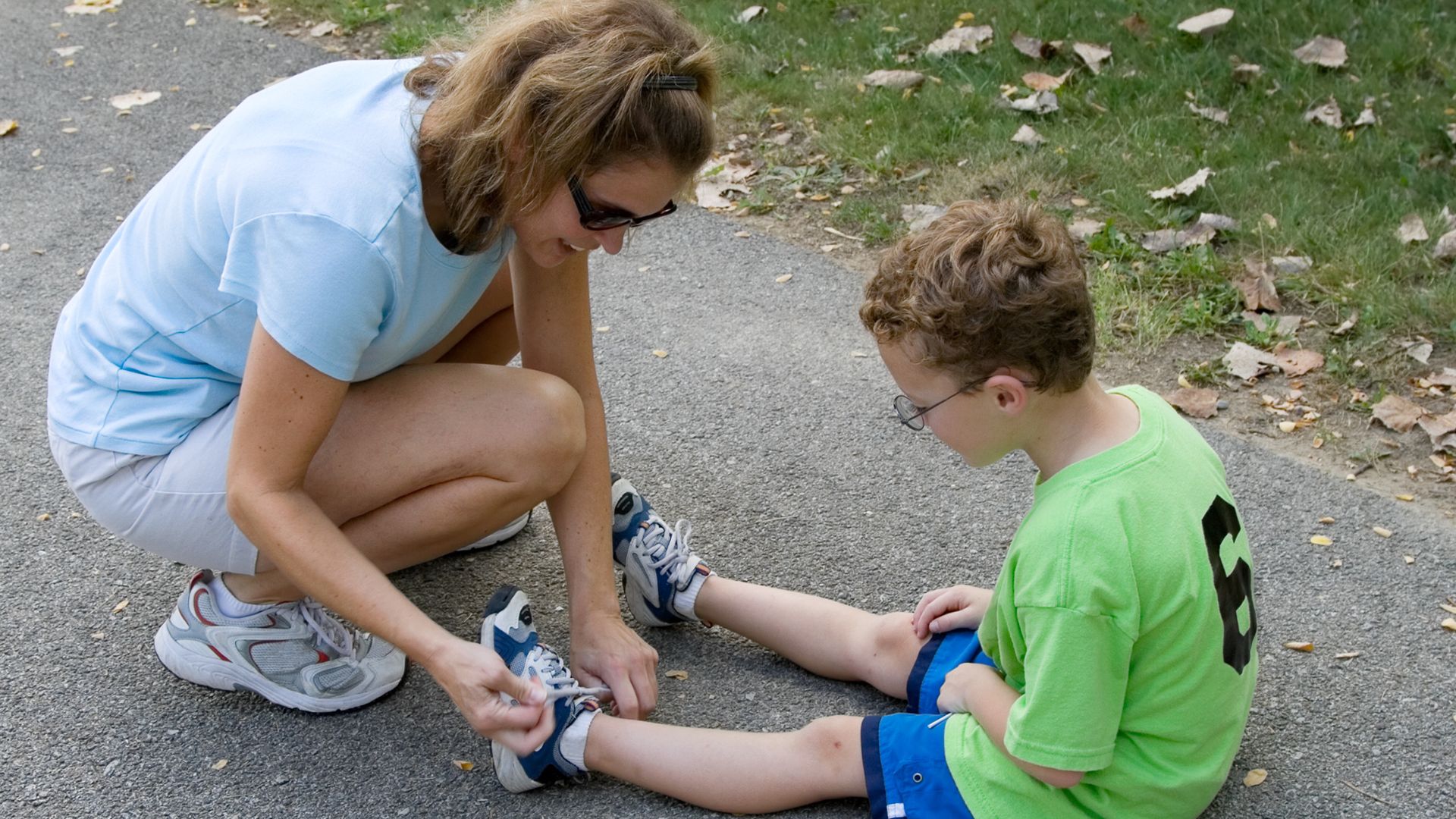Podcast Episodes
58 | Q&A: How To Handle Children Shooting, And Using Swords On You
Cindy from Australia emailed me with a questions asking how I handle children who shoot and use swords on me. Podcast HQ: https://www.playtherapypodcast.com Play Therapy Training HQ: https://www.playtherapynow.com Email me: [email protected] Follow me on...
57 | Aggression And Aggressive Victim Themes In Play Therapy
In this episode, I'm continuing our discussion of Power and Control themes in play therapy with the Aggression and Aggressive Victim themes. I discuss the difference between these two theme, as well as their difference between the Good vs Bad theme. Most importantly,...
56 | Q&A: How To Best Communicate With Parents, Teachers, and School Counselors When Working With A Child
Jeremy from Illinois emailed me with the following question: "I have a six-year-old client who is getting angry and aggressive at school. History of witnessing domestic violence. I have had five sessions with him, and I would say we hit the resistance phase right on...
55 | Themes In The Playroom: Good Vs Bad
In this episode, we finally begin a series on themes in the playroom. I've been getting emails and feedback that so many of you wanted this content, so I'm glad we've finally made it! Within themes, there are categories of themes. Power and aggression are one of the...
54 | Q&A: What Is The ONE THING I Need To Know To Be A Better Play Therapist?
I talk to a lot of play therapists, and I review a lot of sessions. I get a version of a question from everyone I interact with who is looking for advice in their play therapy practice: What is the one thing I need to know to be a better play therapist? After thinking...
53 | 4 Stages Of Play Therapy (The Child’s Therapeutic Progress)
In the previous curriculum episode, we talked about the 4 phases of play therapy. This week I'm focusing on the 4 STAGES of play therapy. This differs from the phases, in the sense that the phases describe the therapeutic progress the child is working through. It is...
52 | Q&A: How To Engage A Client Who Colors Silently (And How To Explain It To Their Parents!)
Jen in the UK emailed me with the following question: "I have several recent new clients who are choosing to be silent colorers in my room. I'm spending a lot of time tracking coloring behaviour and wondering if I'm doing anything at all! That's not strictly true, as...
51 | 4 Phases Of Child-Centered Play Therapy (Landreth Model)
In this episode I cover the 4 phases of the Landreth child-centered play therapy model. It's important to know these phases to recognize where a child is in the process. It's also helpful to know how to communicate these phases to parents. The 4 phases are: -...
50 | Q&A: How Do We Explain To Parents Why We Allow A Child To Curse In The Playroom?
Listener Ethan emailed me with another question. This time he asked my opinion on how I explain to parents why I allow cursing in the playroom. This is a fantastic question, and I'll do my best to explain the CCPT response and viewpoint. I'll also give you tips for...
49 | Encourage Creativity And Freedom… With Freedom Comes Responsibility
In this episode, I go over the last of the encouragement principles, "Encourage Creativity And Freedom... With Freedom Comes Responsibility" My three main points for this principle are: - The child's autonomy - Actions have consequences - Self-regulation Podcast HQ:...
48 | Q&A: What To Do When A Child Is “Stuck”
This week's question comes from Yanna in Massachusetts. She poses the question: "I have been working with a 6 year old girl for over 6 months now, my interventions have consisted of child-centered play therapy with emphasis on promoting interoceptive skills. I feel...
47 | Never Do For A Child That Which They Can Do For Themselves
This is the third of four encouragement principles, "Never Do For A Child That Which They Can Do For Themselves." Podcast HQ: https://www.playtherapypodcast.com Play Therapy Training HQ: https://www.playtherapynow.com Email me: [email protected] Follow me on...
46 | Q&A: Child-Centered Play Therapy With Toddlers
IAlicia from Colorado wrote me an email saying "My background is actually Early Intervention, working with families with kids birth to three, so if you feel like discussing your thoughts on Filial/Child-Centered for toddlers, that would be amazing!!" So in this...
45 | Encourage The Effort, Rather Than Praise The Product
The second encouragement principle "Encourage The Effort, Rather Than Praise The Product." In this episode I will go over this principle and specifically touch on the following topics: - The difference between encouragement vs praise - The difference between an...
44 | Q&A: What If Kids Don’t Move From Aggression To Nurturing Play?
As a result of listening to the podcast on aggression in the playroom, listener Ethan emailed me "I was wondering if you have worked with a child who has ever played out the aggressive part but never seemed to move towards the nurture part?" In this episode, I answer...















